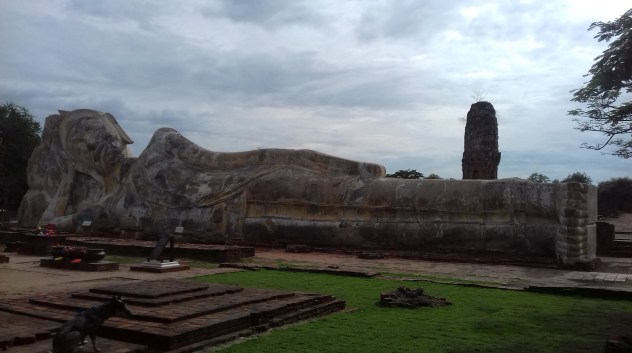Kindness and Compassion are the Heart and Soul of Buddhism
Compassion has no expiration date. It’s never too late to make new friends with old enemies. This is one of the secrets to a good life: no grudges, no scorched earth, no retribution, and, most importantly, no regrets. It should be simple, since you don’t really have to do anything, but in fact it’s one of the hardest things ever, so attached as we are to our egos and our ‘face’ that we spend so much time and effort saving, lest someone steal it right off of our heads, haha.
The Dalai Lama once said that his religion was simple, and that’s kindness, which is compassion, in a word, same thing, same time, and that’s Buddhism, too, in a word. All the elaborate lists and literary expositions that comprise the Buddhist Abhidharma are unnecessary to describe the heart of Buddhism, so why waste so much time and effort when you can put it all in a word, or two? Because yes, there is another word that needs to be included, and if karuna is the first word, then metta is the second, often translated as ‘lovingkindness’ or simple ‘friendliness.’
Put the two words together, and you’ve captured the heart and soul of Buddhism. In fact, modern standard Thai language does indeed often combine the two words for extra effect, so mettakaruna is a word or phrase that you will hear often there. Suffering is famously the back-story to Buddhism, that and its cessation, and that’s pretty much all you need to know. The cosmology of self and rebirth are important but debatable, IMHO, and thus of secondary importance, ditto nirvana. The analogy to Christian forgiveness might be worth mentioning but it isn’t necessary. Be good; don’t be bad. It’s that simple.









Reply